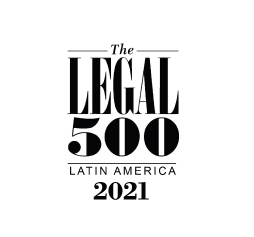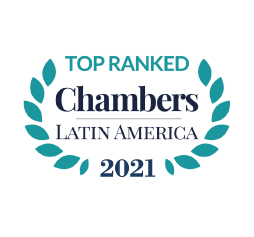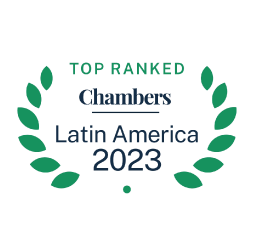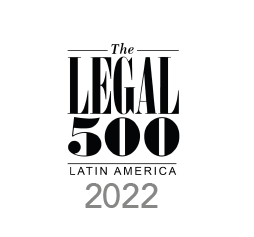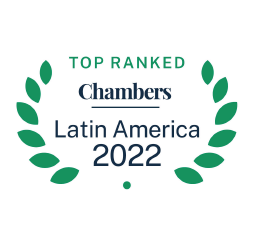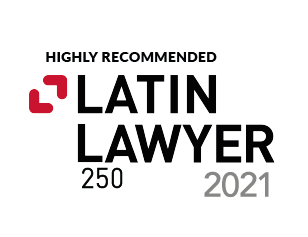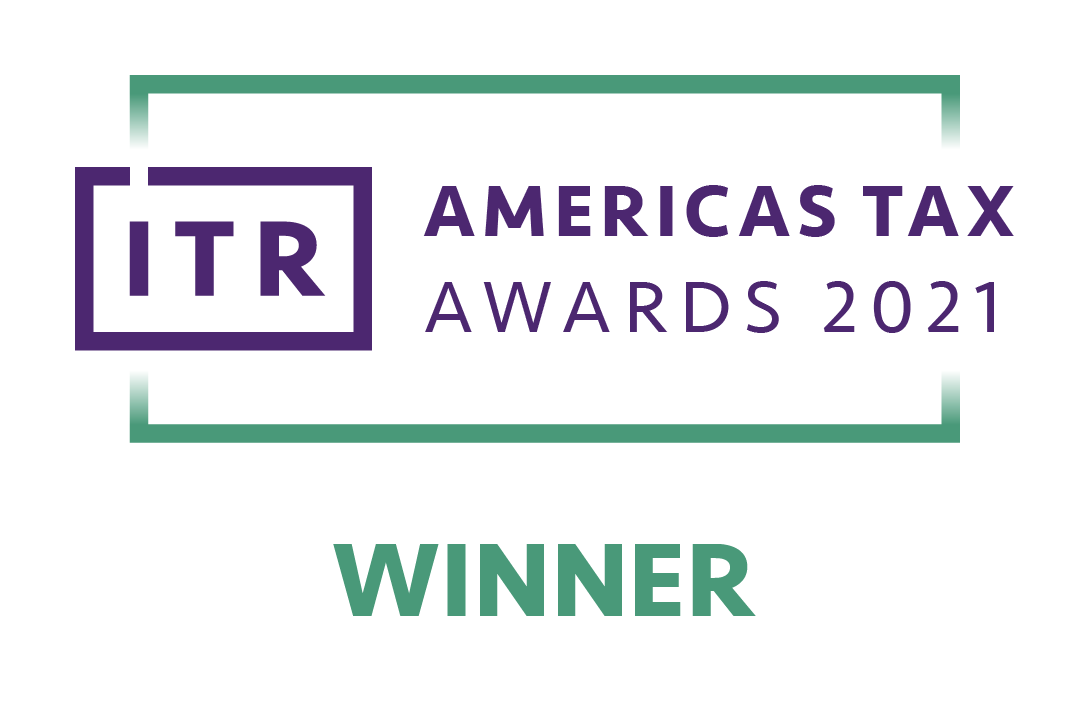In September 2021, as part of the celebrations for the 70th anniversary of BKM | BERKEMEYER, a discussion on “The role of business compliance in Public Procurement” was organized together with the UN Global Compact (Paraguay Chapter) and the World Compliance Association, channeling the treatment of best practices for both the public and private sectors, given the fact that they became decisive actors in the field of public procurement.
Recent experiences in public procurement, during the pandemic, highlighted the urgent need to optimize the use of public resources, exercise better and greater control over companies in order to make transparent the entire bidding system at all stages.
The amendment project for Law 2051/03 “On Public Procurement” called “Law of Supplies and Public Procurement” is currently under study by the National Congress; said project brings together the joint work of representatives of the Ministry of Finance and the National Directorate of Public Procurement
The current Law on Public Procurement, No. 2051 of 2003, contains two provisions that seek to avoid corrupt practices and fraud in procurement processes: (i) legal provisions set in Article 40, which establishes the prohibitions and limitations to file proposals or contracting at agencies, entities or municipalities, (ii) article 20, which regulates the minimum content that must be included in bidding documents for public tenders, requiring a declaration of integrity whereby bidders undertake to refrain from conducting actions aimed at causing officials or employees of the Convenor to induce or alter any evaluation, result of procedure or other aspect that would grant them a more favorable position in relation to the rest of participants, by themselves or through intermediaries.
The previous provisions were expanded by Law No. 6716, which is why the prohibition of entering into contract with the State also covers: directors, managers, managing partners and all those who in some way manage legal persons, as well as shareholders, partners and anyone that may be considered an owner in regard to a legal person, and who in both cases have been sanctioned by the National Directorate of Public Procurement (DNCP) whenever they have consented to the act or infraction.
Paraguay – unlike the other countries in the region – does not have a law on criminal responsibility of legal persons to date. It is important to mention that acts or omissions by natural persons have repercussions on the operation and prestige of the legal persons they represent, which is why it is imperative to act in accordance with the principle of due diligence. In that sense, legal persons play a preponderant role since they establish codes of ethics, integrity and prevention rules, codes of conduct, purchasing policies, that allow all the intervening actors to act jointly to safeguard transparency and good practices not only in matters of public procurement but also in all operations or transactions in general.
Public procurement is one of the activities with the highest risk of corruption and fraud in the world, corrupt practices impact negatively a nation’s economy as well as social policies, to the extent that they discourage citizens from participating in the process of transformation of public policies. It is necessary for both sectors to be able to establish a legal framework based on ethics and integrity, accompanying good international practices in this matter.
Integrity and compliance are not clearly visible in this bill, we consider that this is the right moment to develop policies for both actors (public and private sector) to prevent, mitigate and control risks through the establishment of the obligation for State contractors to count on compliance programs that are in turn configured within the guidelines of public procurement law, and regimes applicable to bidding companies in the private field, such as having a compliance officer and independent audits on the integrity and compliance plans implemented by bidders.
As a conclusion, and in line with what happens in comparative law, at BKM we consider important the inclusion of requirements for bidders and suppliers of the State to internally adopt codes and programs related to business ethics and integrity and, eventually, establish greater controls providing the legal system with the necessary tools to avoid corrupt and/or fraudulent practices, thus safeguarding the general principles and guaranteeing at the same time the transparency and equal participation of those who intend to enter into contract with the State.
For more information, please contact Dahiana Acosta: dahiana.acosta@berke.com.py and/or Martín Carlevaro: martin.carlevaro@berke.com.py

